Increased AMOC slowdown in high-resolution models
Scientists from the department "The Ocean in the Earth System" at the Max Planck Institute for Meteorology (MPI-M) have shown in the Journal of…
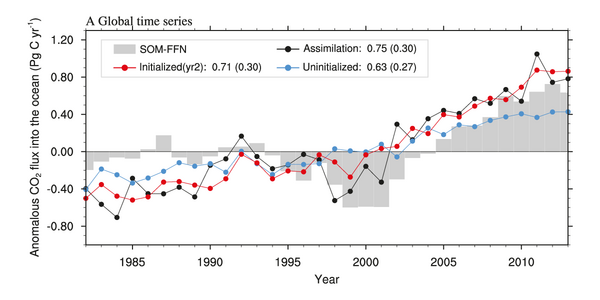
Predicting the variable CO2 uptake by the ocean
The ocean CO2 uptake is predictable for two years in advance, according to new paper in Science Advances by Dr Hongmei Li, Dr Tatiana Ilyina, Dr…
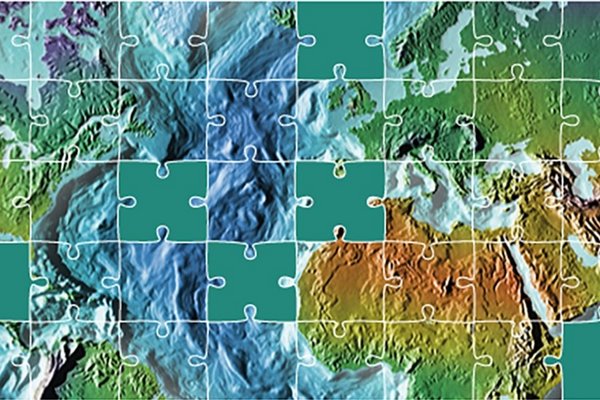
Conceptual modeling at MPI-M
The Max Planck Institute for Meteorology (MPI-M) develops complex Earth system and climate models. To investigate and understand processes, the…
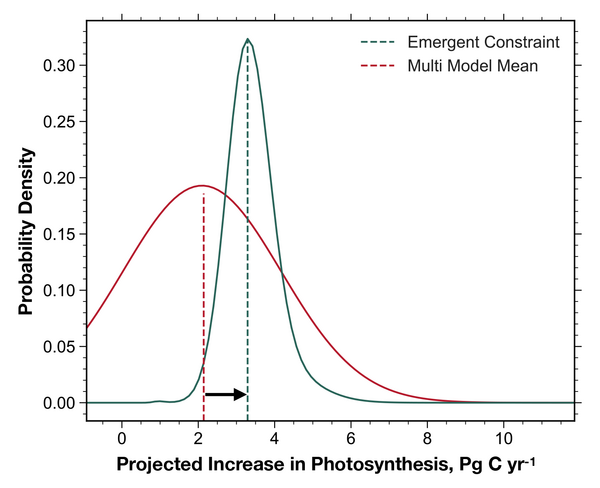
Rising CO2 has unforeseen strong impact on Arctic plant productivity
In a new study, a team of researchers around Alexander Winkler and Prof Victor Brovkin from the department “The Land in the Earth system” at the Max…
![[Translate to English:] [Translate to English:]](/fileadmin/_processed_/a/4/csm_Screenshot_Miklip_a6cebeb932.png)
MiKlip publishes the decadal climate forecasts for 2019–2028 including the annual forecast for 2019
The MiKlip project, led by Prof Jochem Marotzke and coordinated by Dr Sebastian Hettrich at the Max Planck Institute for Meteorology, has made its…

New study: What would happen to the climate system if Earth turned the other way around?
To further improve our fundamental understanding of the effects of the topography and rotation on the climate, a team of scientists performed and…
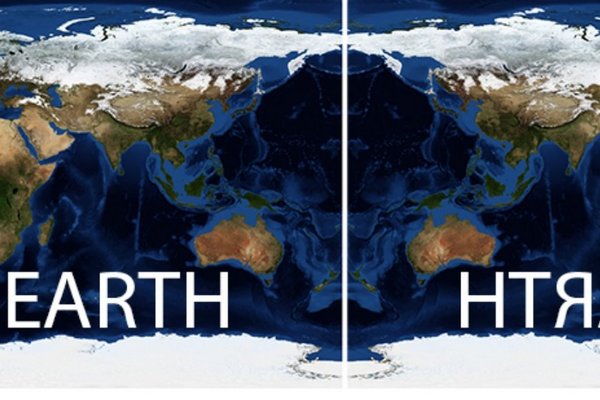
Project Retrograde — imagine Earth rotated in the opposite direction
The rotation of Earth shapes our climate system in various ways: It controls the major wind directions, lets the weather systems swirl, and, together…
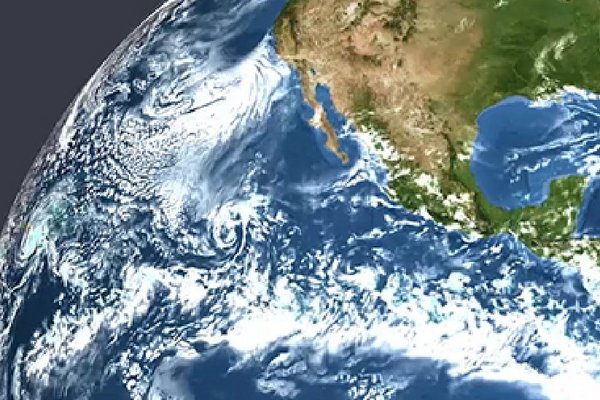
ICON-ESM – MPI-M´s next-generation Earth system model
Climate and Earth system models are applied to simulate the past, present, and projected future climate, and to advance understanding of processes…
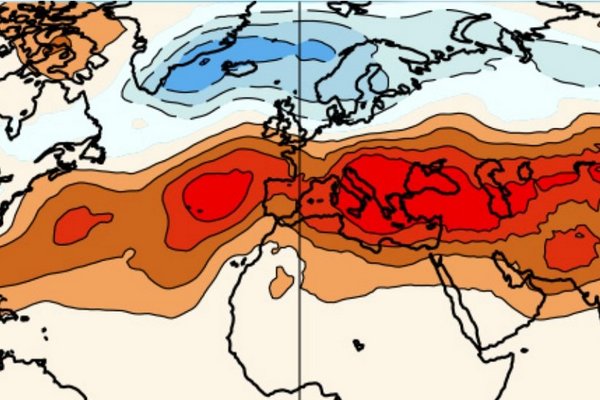
Development of a high-resolution Earth System model and its application in CMIP6
Complex Earth system models, such as the model of the Max Planck Institute for Meteorology (MPI-ESM), have a reduced resolution for climate…

